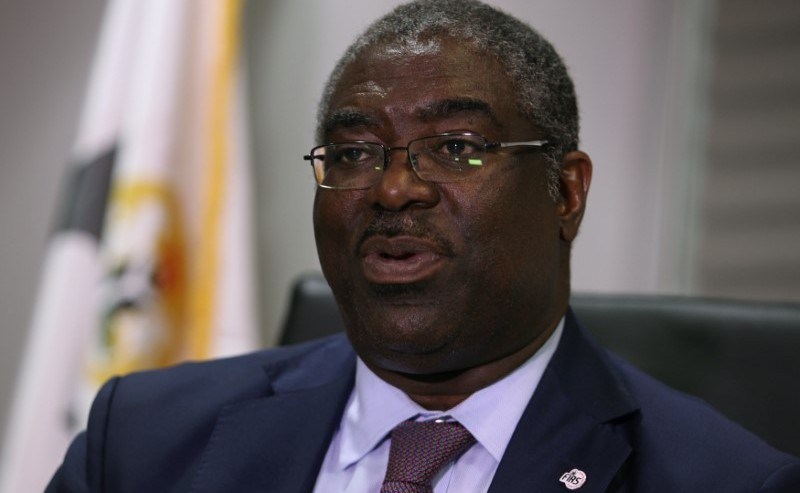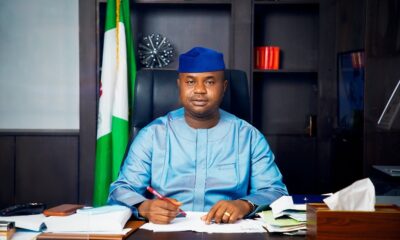The World Bank’s latest report on the economic outlook for Western and Central Africa has highlighted Nigeria’s sluggish economic growth as a significant factor impeding the sub-region’s overall performance.
According to the report, while economic activities in the region are expected to increase, Nigeria’s lower-than-average growth trajectory will act as a hindrance to broader economic expansion.
The report indicates that economic activity in Western and Central Africa is set to rise from 3.2 percent in 2023 to 3.7 percent in 2024 and further accelerate to 4.2 percent in 2025–2026.
However, Nigeria’s growth, projected at 3.3 percent in 2024 and 3.6 percent in 2025–2026, falls below the sub-region’s average.
The World Bank underscores the importance of macroeconomic and fiscal reforms in Nigeria, which it anticipates will gradually yield results.
It expects the oil sector to stabilize with a recovery in production and slightly lower prices, contributing to a more stable macroeconomic environment.
Despite these measures, the report emphasizes the need for structural reforms to foster higher growth rates.
In contrast, economic activities in the West African Economic and Monetary Union are projected to increase significantly, with growth rates of 5.9 percent in 2024 and 6.2 percent in 2025.
Solid performances from countries like Benin, Côte d’Ivoire, Niger, and Senegal are cited as key drivers of growth in the region.
The report also highlights the importance of monetary policy adjustments and reforms in supporting economic growth.
For instance, a more accommodative monetary policy by the Central Bank of West African States is expected to bolster private consumption in Côte d’Ivoire.
Also, investments in sectors such as agriculture, manufacturing, and telecommunications are anticipated to increase due to improvements in the business environment.
However, Nigeria continues to grapple with multidimensional poverty as highlighted by the National Bureau of Statistics.
Over half of Nigeria’s population is considered multidimensionally poor, with rural areas disproportionately affected. The World Bank underscores the need for concerted efforts to address poverty and inequality in the country.
Sub-Saharan Africa as a whole faces challenges in deepening and lengthening economic growth. Despite recent progress, growth remains volatile, and poverty rates remain high.

 Forex1 week ago
Forex1 week ago
 Naira4 weeks ago
Naira4 weeks ago


 Naira1 week ago
Naira1 week ago
 Company News4 weeks ago
Company News4 weeks ago


 Naira1 week ago
Naira1 week ago




 Naira3 weeks ago
Naira3 weeks ago
 Billionaire Watch6 days ago
Billionaire Watch6 days ago
 Banking Sector3 weeks ago
Banking Sector3 weeks ago



















